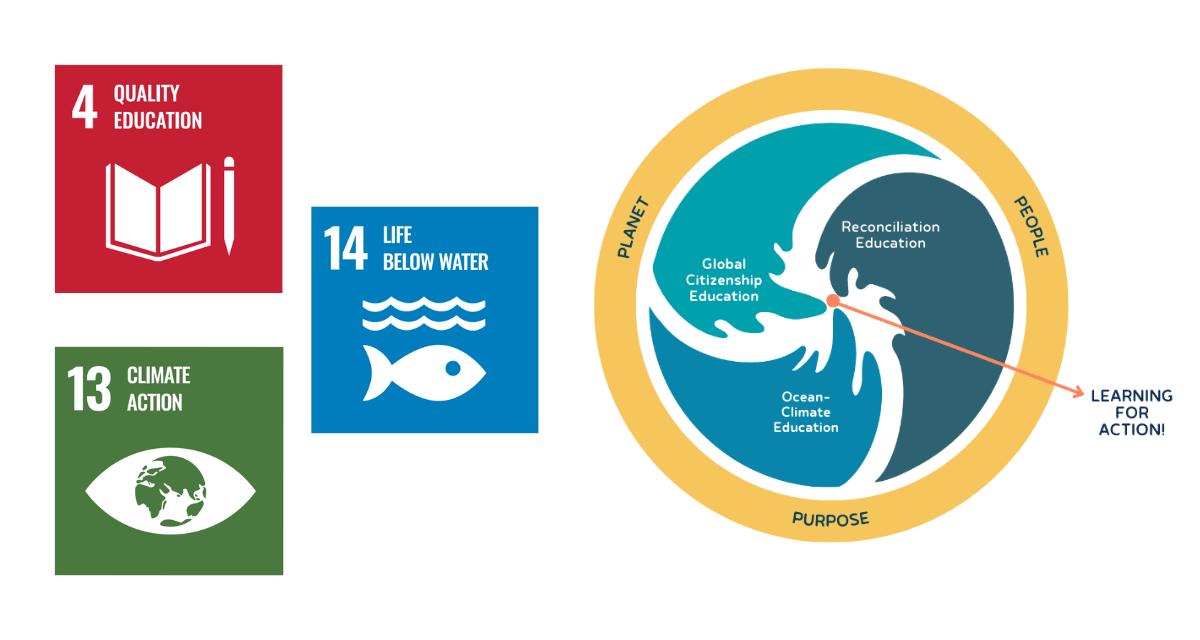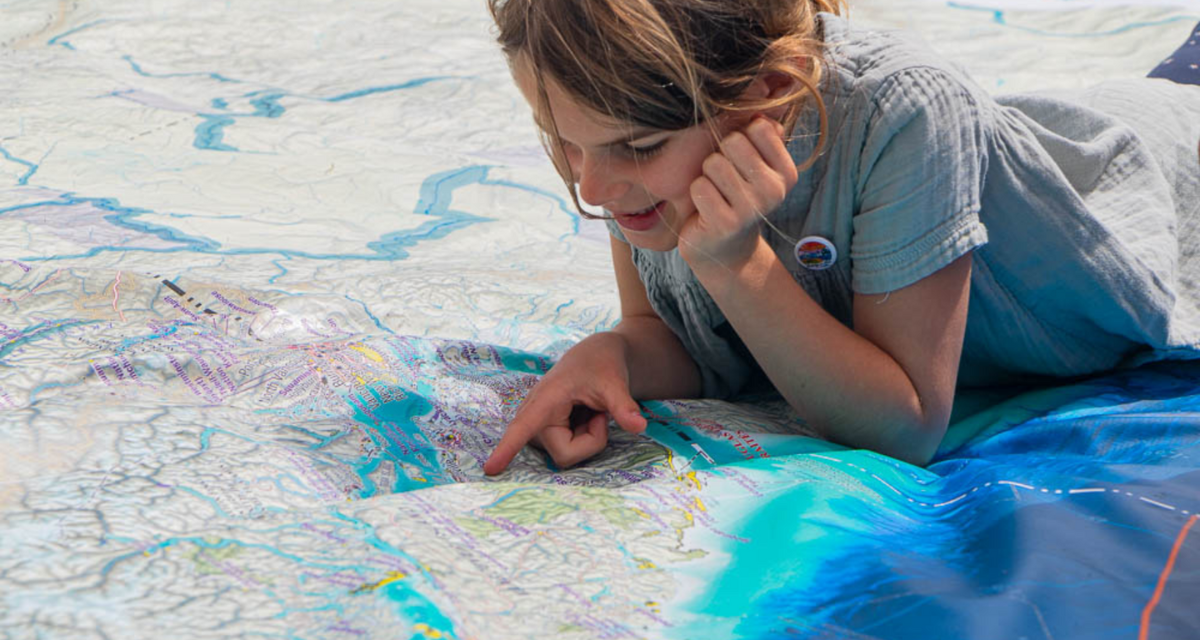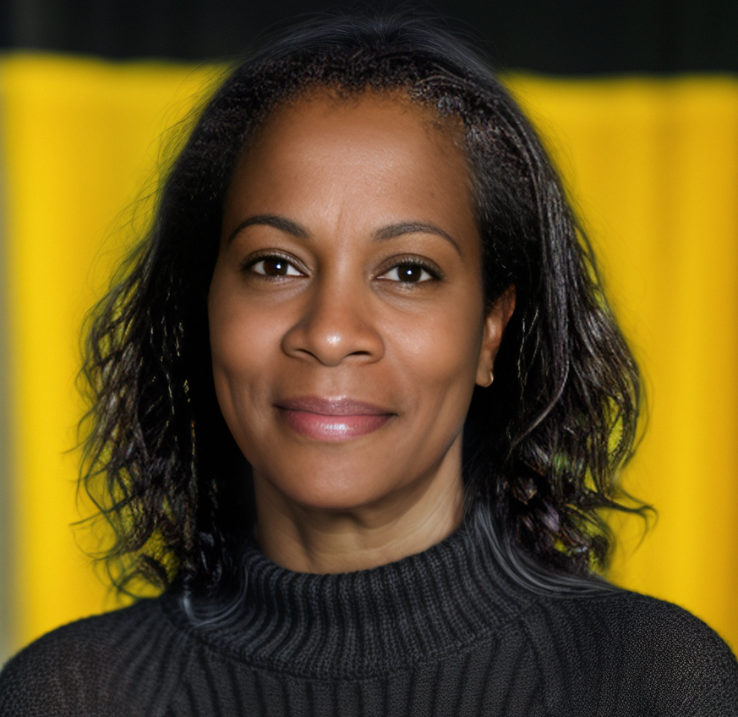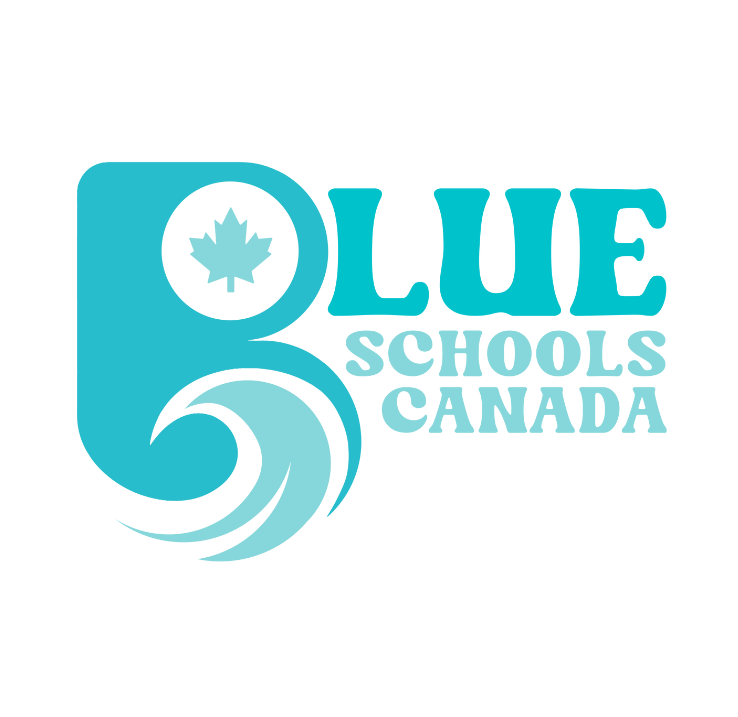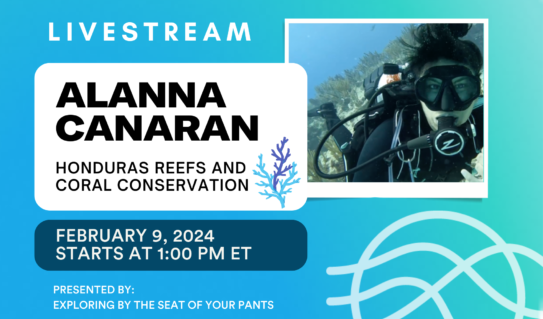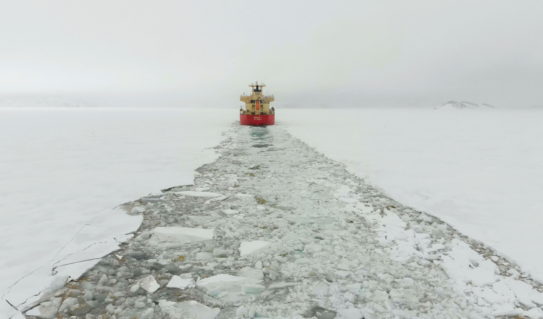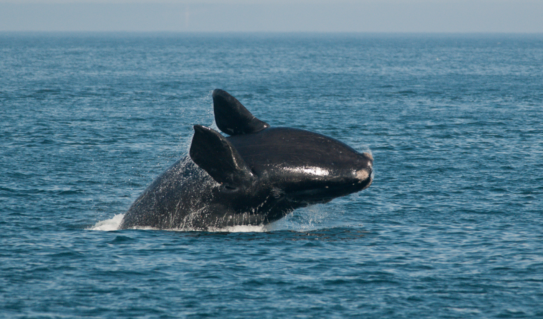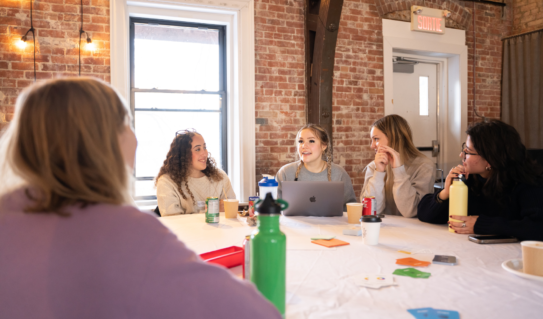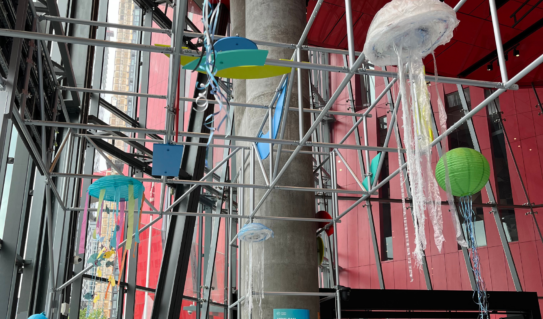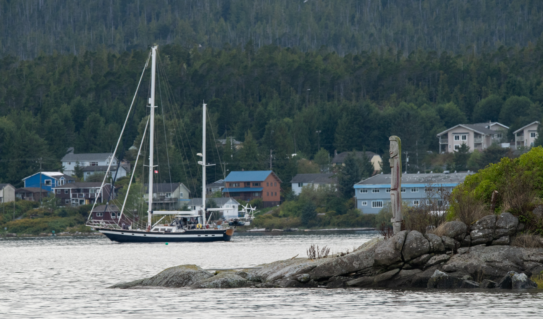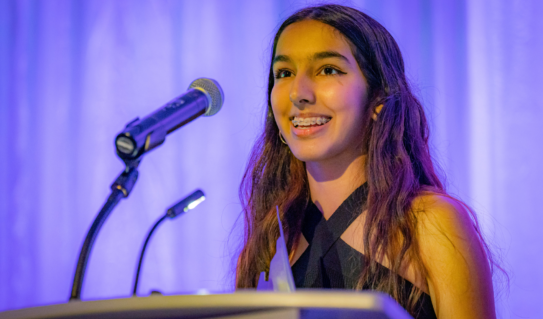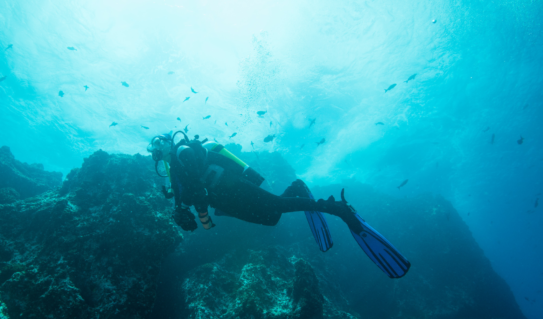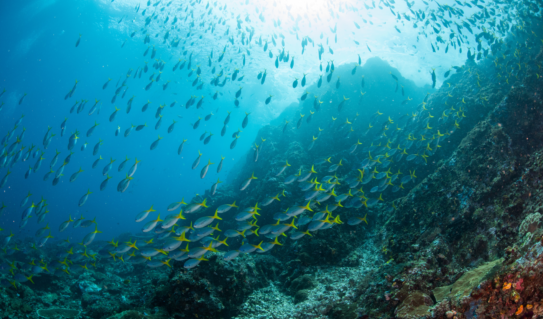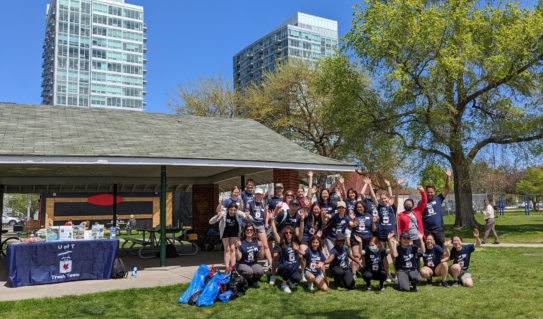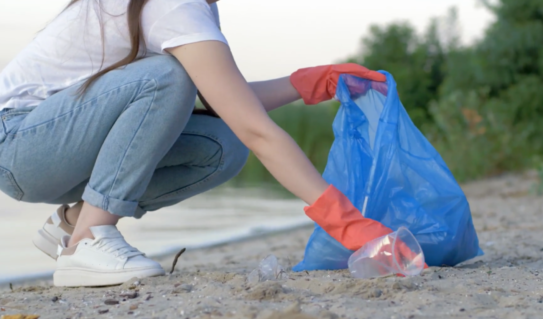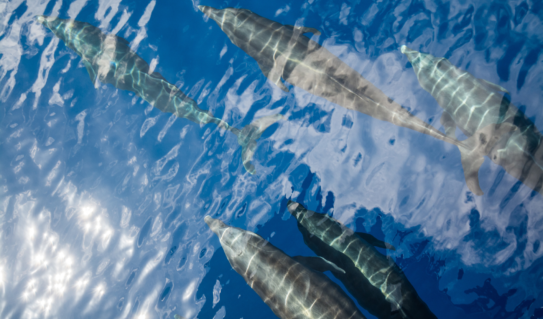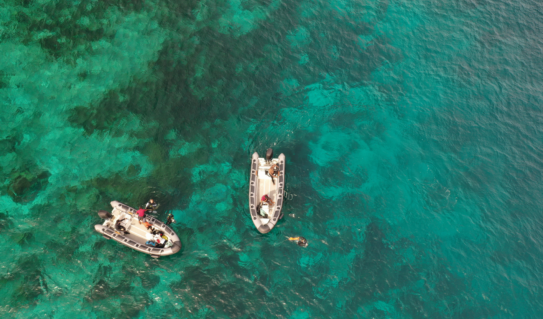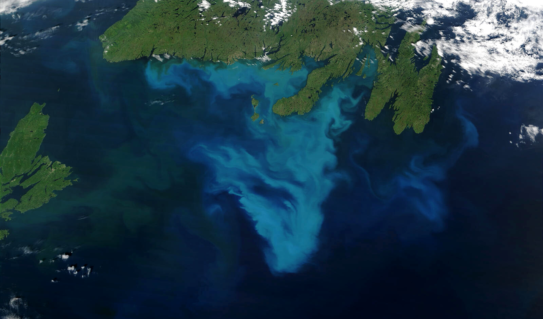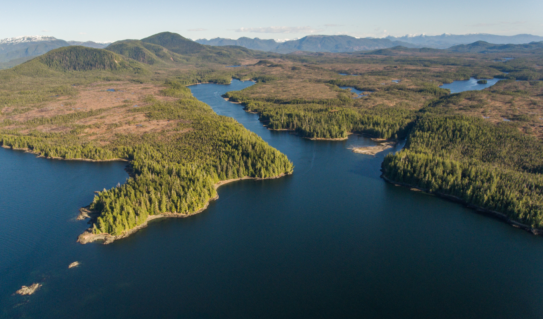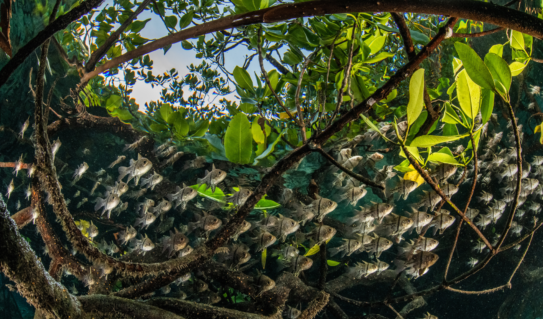Teaching future change agents
While water covers two thirds of our planet, the traditional school curriculum generally focuses on land-based content, explained Janice Williams, Learning and Community Engagement Lead at the Canadian Ocean Literacy Coalition (COLC). "The blue is the underdog of climate solutions, and when we bring blue learning into classrooms, it also opens a set of blue life and career pathways for students.”
BSC works with educators to integrate three thematic learning streams into the curriculum that are aligned with the United Nations’ Sustainable Development Goals: Global Citizenship Education, Ocean-Climate Education, and Reconciliation and Education. These learning streams empower students to become agents of change within their communities, and to actively contribute to a sustainable future.
“Blue Schools are about people, the planet, how we understand our land-based connection, and how it impacts or sustains the ocean ecosystem. It is important to talk about our world in its 71% representation — water — and teach Earth as a holistic system.”
By collaborating with a wide-ranging expertise of ocean educators, the program offers turn-key solutions, and closes important gaps between available education resources, and what teachers are looking for at every grade level.
“Our goal is to help educators seamlessly integrate a greener curriculum and incorporate locally relevant ocean and freshwater themes, whether that starting point is a stream, a river, or an ocean,” explained Janice.

